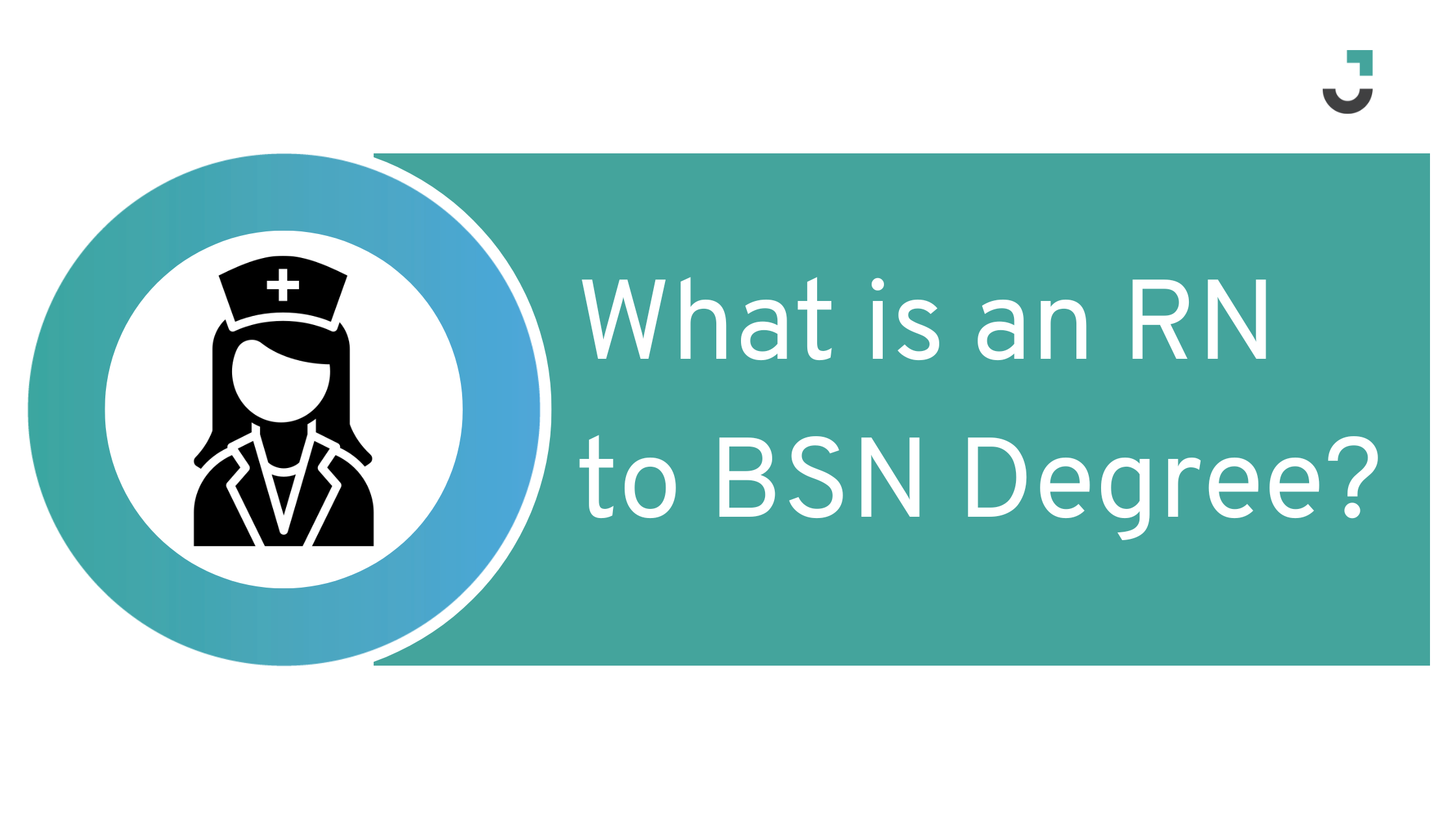Is it worth it to get your BSN? There is a push to encourage more nurses to earn their bachelor of Science in Nursing degree, which means many RNs are now considering programs to bridge the gap from an RN to a BSN degree program. So what are the benefits of obtaining a BSN, and what are the salary and career opportunities available when you have this degree? Here is what you need to know.
How Long is RN to BSN Program?
Because you already have an RN certification or an associate’s degree, completing a BSN doesn’t have to take several years. Most RN to BSN programs can be completed within 12 months. With basic medical classes finished, the program is focused on higher-level courses such as management and leadership, technology, or ethics.
Frequently Asked Questions
There are many other questions you may have about an RN to BSN program, including:
- How much do these programs cost? An RN to BSN program can vary significantly in cost, anywhere from $7,000 to $20,000. Shop around before enrolling to see what program is best for you.
- Do these programs require clinicals? No, but they can require that you work full-time as an RN.
- Can you receive tuition reimbursement? Many hospitals will provide assistance or tuition reimbursement for these programs.
- Are these programs available online? Yes, online programs are available and can facilitate your education to match your current work life.
Salary Expectations for BSN Nurses
According to a recent salary survey by the US Bureau of Labor Statistics, the average salary for nurses with a BSN is around $85,000 annually. That is just under $41 an hour. By contrast, the median salary for RNs without a BSN is $75,330.
Career Opportunities
Nurses with a BSN are thought to be more prepared for hospital settings. You can apply with magnet hospitals, a classification is given to only the best facilities in the country by the American Association of Colleges of Nursing. A nurse with a BSN is also eligible to move into management and leadership roles.


